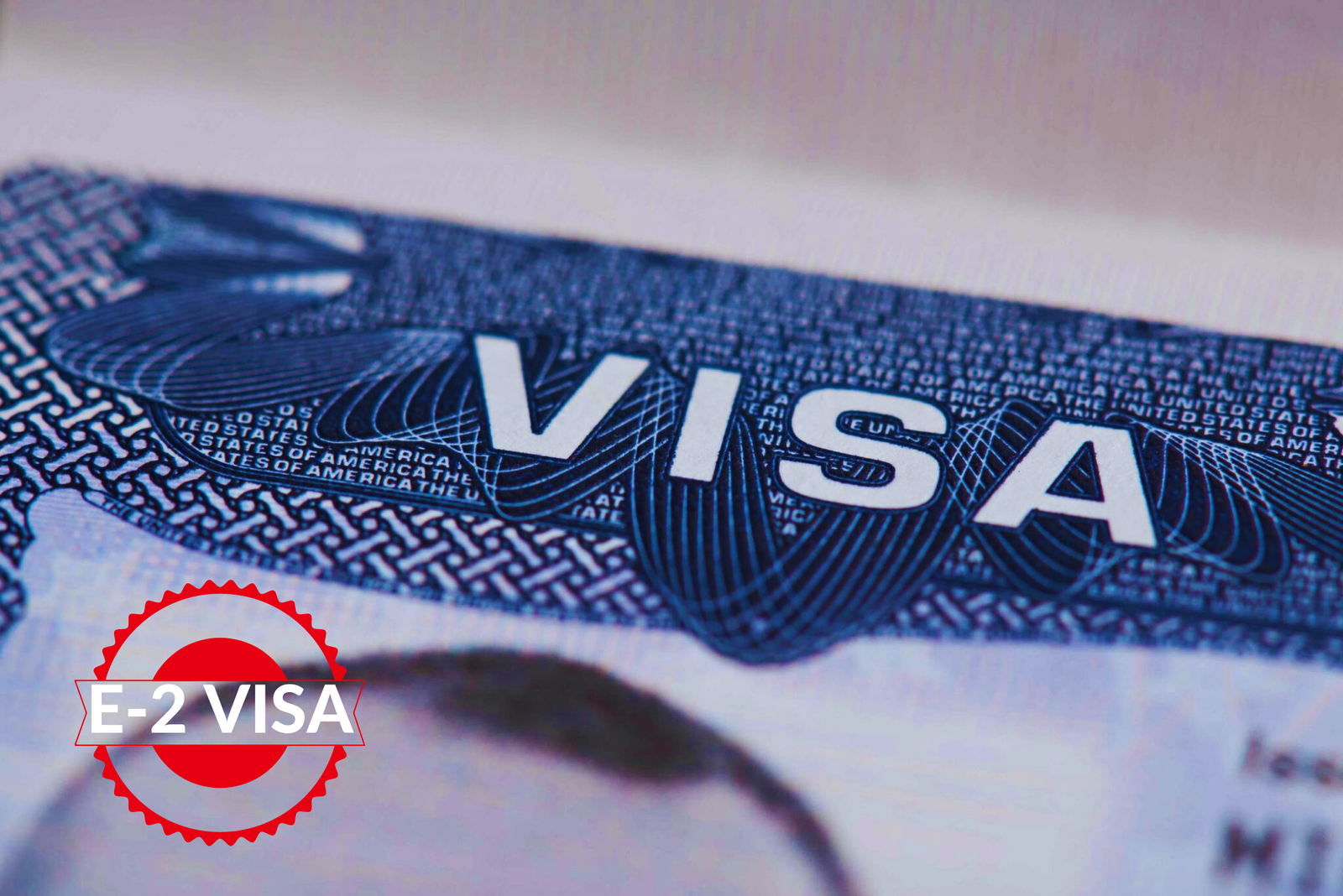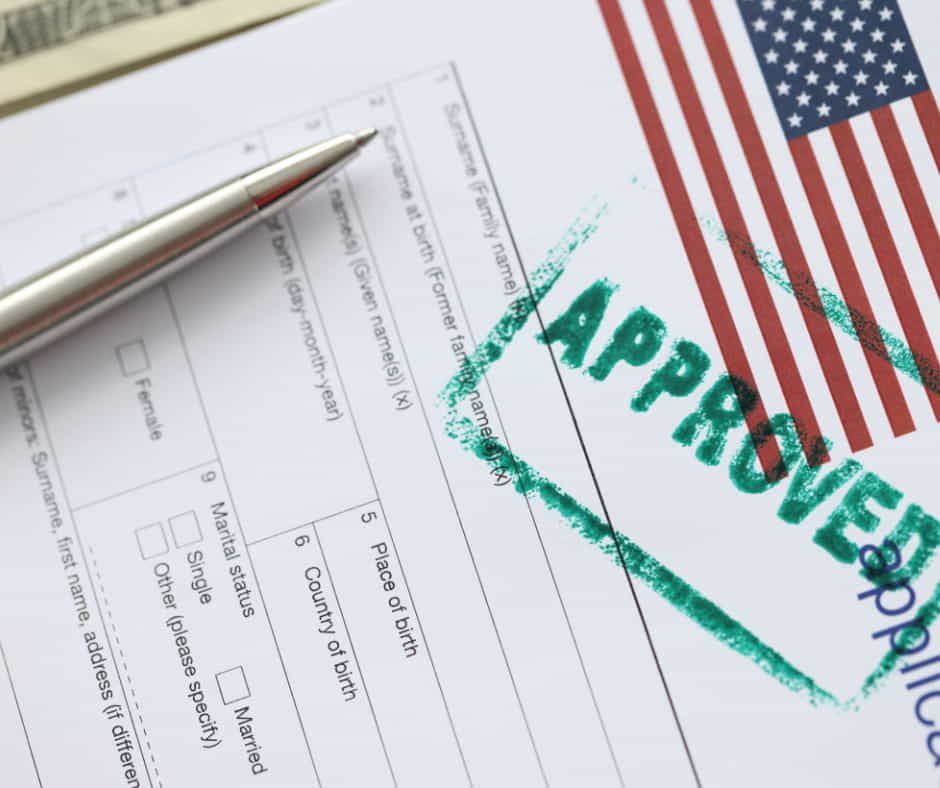Have you ever dreamed of working and living in the United States? The L1 visa offers you the chance to do just that, opening doors to exciting professional ventures. In this comprehensive guide, we’ll explore the key differences between L1A and L1B visa types, shedding light on their eligibility criteria and helping you make an informed decision on your American journey.
L1A vs. L1B Qualifications: The Starting Point
Before diving into the nuances, let’s grasp the foundation. L1A and L1B visas share common ground, yet they have distinct qualifications:
L1A Qualifications:
- Managers and executives find their place under the L1A umbrella.
- If you have a managerial or executive role in your foreign company, you may qualify.
L1B Qualifications:
- Specialized knowledge professionals belong to the L1B category.
- If your expertise is invaluable to your foreign company’s operations, L1B could be your path.
L1A vs. L1B Validity Period: Timeframes Unveiled
Understanding the duration of your stay is crucial. L1A and L1B visas come with distinct validity periods:
L1A holders are granted up to 7 years to work and thrive within the U.S.
Professionals in the L1B category enjoy up to 5 years of stay.
L1A vs. L1B Eligibility for Permanent Residency: The Long-Term Vision
The path to permanent residency is a consideration for many visa holders. While both L1A and L1B visa holders can potentially apply for a green card, L1A visa holders often have a more straightforward route due to their managerial or executive roles, which align with EB-1C green card criteria.
L1B to L1A Conversion: Elevating Your Role
A fascinating aspect of the L1 visa journey is the possibility of moving from L1B to L1A status. If you initially enter the U.S. under the L1B category and subsequently take on managerial or executive responsibilities, you might be eligible to transition to L1A status, expanding your opportunities.
L1A and L1B Similarities: A Common Ground
Amidst the differences, there are similarities that both L1A and L1B visa holders enjoy:
Dependents: Your family members can accompany you to the U.S., including your spouse and unmarried children under 21.
Department of Labor Approval: While not required for L1 visas, it’s important to note that Department of Labor approval is unnecessary due to the intracompany nature of these visas.
As you embark on your L1 visa journey, remember that eligibility criteria, conversion possibilities, and long-term prospects differ between L1A and L1B. Consulting an immigration expert can provide you with personalized guidance, ensuring your decisions align with your professional goals and aspirations.
Ultimately, whether you’re an executive seeking L1A status or a specialized professional aiming for L1B, the L1 visa offers you the chance to immerse yourself in the American landscape, both professionally and personally. Open the door to new horizons, make an impact, and embrace the opportunities that await you in the United States.



